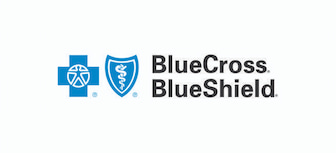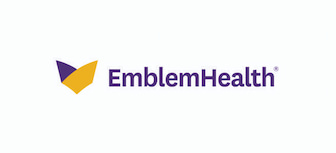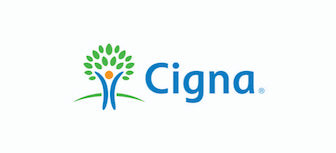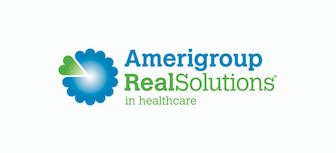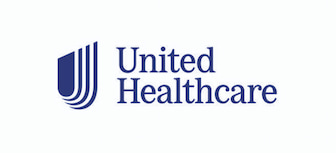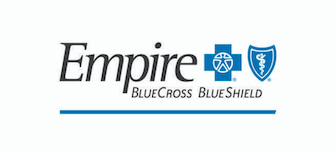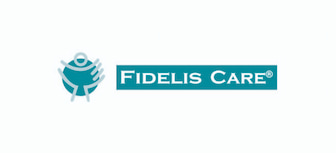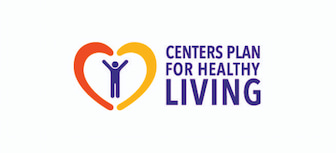Are There Many Brooklyn Gynecologists Who Take Medicare?
Brooklyn is New York City’s most populous borough, and it boasts of many diverse cultures, lively arts and historic charm. With more than 2.6 million residents, numerous top-rated physicians choose to practice here, and there are many Brooklyn gynecology specialists who are in-network with Medicare.
The best gynecologists in Brooklyn provide respectful, compassionate care to women of all ages. They specialize in the diagnosis and treatment of the organs that make up the female reproductive system, which includes the uterus, ovaries, vagina and fallopian tubes. Brooklyn’s many public transportation options make it convenient to book an appointment with a gynecologist in Brooklyn who takes Medicare.
Does Medicare Cover Visits to a Brooklyn Gynecologist?
Medicare is a federal health insurance program that provides coverage for people aged 65 and older. It also covers younger people with certain qualifying disabilities such as ALS and end stage renal failure. Preventive services and medically necessary doctor services are usually covered by Medicare Part B.
This includes:
- Outpatient services
- Visits to a physician, including your primary care physician and specialists such as a gynecologist or urologist
- Services not covered by Medicare Part A, such as ambulance rides and durable medical equipment
Screening tests — such as pelvic exams, mammograms and tests for human papilloma virus (HPV) — are covered, as are Pap smears once every 24 months. A Medicare Advantage plan is an alternative to traditional Medicare and may cover some services not covered by original Medicare. When you book an appointment for a gynecology visit, be sure the doctor you choose is a Brooklyn gynecologist who takes Medicare.
Can I Find a Gynecologist in Brooklyn Who Takes Medicare with Flexible Hours?
Each Brooklyn gynecology practice determines the best hours for their staff and clientele.
Some are only open during daytime hours, while others offer appointment times that are more flexible and include options for:
- Evening appointments after 5:00 PM
- Early morning appointments before 8:00 AM
- Weekend appointments
Some practices provide virtual visits, allowing you to book an appointment to see their NYC gynecologist using a laptop or mobile device. Gynecology visits that can be done virtually include those for follow-up consultations, prescription refills and non-urgent questions.
How Much Education Does a Brooklyn Gynecologist Need?
The education required to become a gynecology specialist is extensive.
The steps potential gynecologists need to take include:
- Completing an undergraduate degree, usually in a field related to medicine, such as biology or pre-med
- Attending four years of medical school, where candidates learn about many different diseases and conditions through classroom lectures, hands-on lab work and working in clinical settings
- Completing a four-year residency program focused on obstetrics and gynecology, which includes working under the supervision of an experienced doctor
- Obtaining board certification by passing the exam and then applying for a state license
Some gynecologists pursue additional education by completing a fellowship, which can take up to three years to complete. Fellowships are often focused on a particular area of gynecology, and this specialized training may allow them to build their practice based on areas such as:
- Gynecologic oncology
- Maternal-fetal medicine
- Female pelvic medicine and reconstructive surgery
- Reproductive endocrinology
- Complex family planning
Certification exams are available in these subspecialties through the American Board of Obstetrics and Gynecology. There are a few subspecialities that don’t yet have certification exams, which include pediatric and adolescent gynecology, menopausal and geriatric gynecology, and minimally invasive gynecologic surgery.
Why Do Postmenopausal Women Still Need to See a Gynecologist?
You may think that once you’re through menopause and your childbearing years have passed, you no longer need a gynecology specialist, but this isn’t true. After menopause, you may still have problems that affect the organs that make up your female reproductive system.
Reasons you may still need to see a gynecologist after you become Medicare-eligible include:
- Pelvic floor disorders. Prolapse of organs — such as your bladder, uterus or rectum — is a common problem in older women. Your Brooklyn gynecologist who takes Medicare can evaluate and treat conditions triggered by weakening muscles and ligaments of the pelvic floor.
- Urinary tract infections. As hormone levels decrease with age, tissues can dry and become thinner, which makes older women more prone to urinary tract infections.
- Urinary incontinence. Urinary urgency, frequency and incontinence may be signs of underlying problems related to pelvic organs.
- Discomfort during sex. After menopause, dropping estrogen levels can cause dryness, burning and irritation. While reduced estrogen levels is one possible cause of discomfort during sex, there are other possible causes. Your New York gynecologist can pinpoint the cause and determine the best treatment.
- Sexually transmitted infections (STIs). The number of women contracting sexually transmitted diseases late in life is on the rise. Many women over 65 are still sexually active and may be at risk of contracting STIs such as syphilis, gonorrhea or chlamydia.
- Cancer screenings. Mammograms, pelvic exams and other types of cancer screening are still important after menopause. The risk of some cancers involving reproductive organs increases with age, including ovarian cancer, breast cancer and uterine cancer.
Women’s bodies continue to change as you get older, so you should book an appointment with your Brooklyn gynecologist if you have any unusual symptoms involving your reproductive system.
Symptoms you should have evaluated include:
- Pelvic pain
- Bleeding after menopause
- Sores or lumps on breasts or genitalia
- Vaginal discharge
- Irritation or itching on or in the vagina or vulva
A Medicare gynecologist in Brooklyn is highly trained in conditions that affect older women. Your Brooklyn primary care doctor can treat routine problems with your reproductive system, but for more complex problems, schedule an appointment with a Brooklyn gynecologist who takes Medicare.


 My BestDoc
My BestDoc
 Future Appointments
Future Appointments
 Settings
Settings
 Sign out
Sign out


